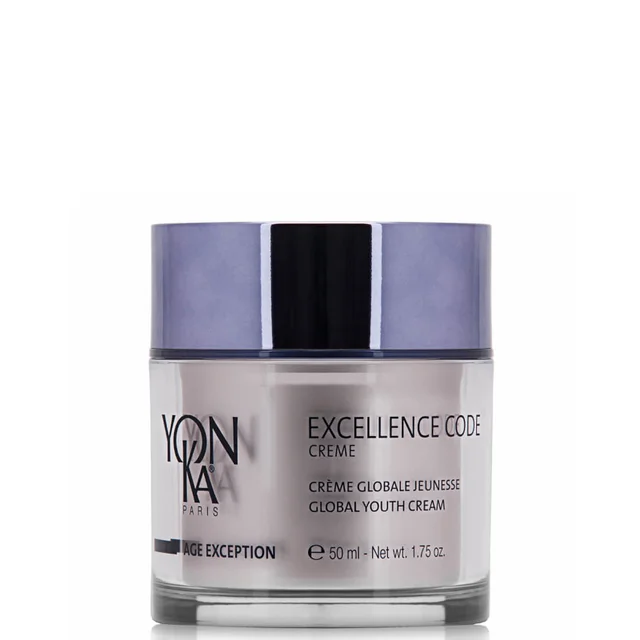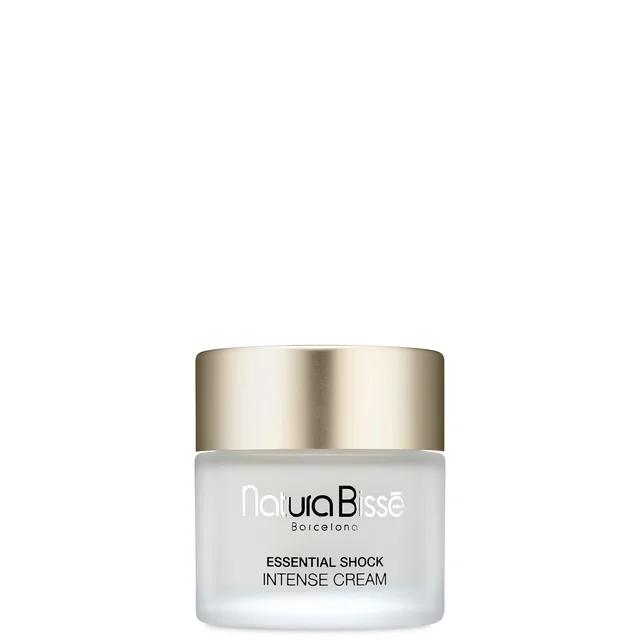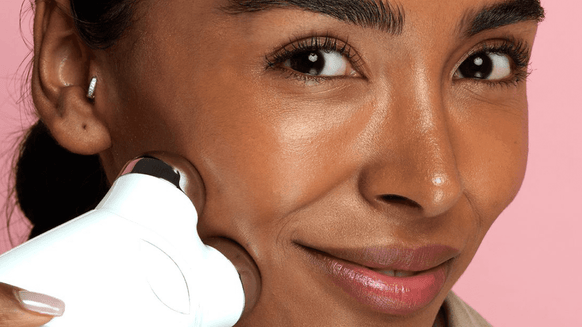The Surprising Ways Your Thyroid Affects Your Skin and Hair
As your body’s biggest organ, the skin puts up with a lot of crap. That said, external aggressors like air pollution and acne-causing bacteria aren’t the only things that get in the way of healthy-looking skin—hormones can too. “Hormones are biochemical messengers that have many jobs including playing a role in cardiovascular health, bone growth and blood sugar regulation,” says
Breaking out or experiencing excess oil production while on your period is a great example of how hormones can impact the skin. However, sex hormones aren’t the only types of hormones that can wreak havoc on the complexion. “When it comes to thyroid dysfunction, an overactive thyroid—known as hyperthyroidism—can cause symptoms including warm, sweaty, flushed skin,” says Dr. Zenhausern. “An underactive thyroid—hypothyroidism—can lead to symptoms including dry, coarse skin that actually have difficulty sweating,” she adds.
Noticeable Symptoms of Thyroid Issues on the Skin
According to Dr. Zenhausern, some of the most common skin symptoms and signs associated with thyroid conditions such as hypothyroidism are “dry itchy skin, itchy flaking of the scalp, dry cracked heels [and] paleness of the skin.” In addition, Dr. Zenhausern says it’s not uncommon to experience dry, frizzy hair, thinning of the hair and loss of eyelashes. She also says loss of the outer-third of the eyebrows “is a huge sign that you should get your thyroid levels checked.”
When to See a Doctor
As far as when to see a doctor goes, Dr. Zenhausern suggests annual routine visits “as thyroid conditions can often be caught before severe symptoms occur.” That said, if you notice any of the above symptoms, consider scheduling an appointment to have your thyroid tested. “Your doctor will complete a physical exam to evaluate your thyroid,” says Dr. Zenhausern. In addition to completing a physical exam, a doctor “will also evaluate your thyroid hormones with a simple blood test known as thyroid stimulating hormone (TSH). This hormone comes from your pituitary gland and signals your thyroid to produce hormones,” she adds.
In addition to testing the thyroid-stimulating hormone, Dr. Zenhausern also stresses the importance of the T3 and T4 hormones as well as antibodies. “Antibodies will be present in autoimmune conditions of thyroid disorders. What this means is that antibodies (your own immune cells that should normally be fighting foreign invaders) are fighting your own body—in this case, your own thyroid,” she explains. “TSH, T4, T3 and thyroid antibodies can all be evaluated in the same blood draw, so make sure to ask your doctor for the comprehensive thyroid blood workup,” she concludes.
Most Common Thyroid Issues That Impact the Skin
“Thyroid conditions are broken down into two main categories,” says Dr. Zenhausern. “Hyperthyroid means your thyroid is producing too much thyroid hormones (T3 and T4). “Hypothyroid means your thyroid is somewhat lazy and is unable to produce enough thyroid hormones,” she explains. Some of the most common symptoms for hyperthyroid include:
- Hair loss
- Bulging eyes
- Enlarged thyroid
- Heart palpitations
- Tremors
- Heat intolerance
- Sleep disturbances
- Weight loss
- Shortness of breath
- Diarrhea
- Increased appetite
- Irregular menstrual cycles
- Muscle weakness
- Sweating
- Anxiety, nervousness
- Depression and mood swings
On the contrary, the most common symptoms for hypothyroid include:
- Hair loss
- Enlarged thyroid
- Reduced heart rate
- Fatigue
- Sensitivity to cold
- Dry skin
- Weight gain
Remedies for Thyroid-Related Skin Issues
When it comes to finding a remedy for skin issues caused by an overactive or underactive thyroid, Dr. Zenhausern says it's important to focus on the root cause. “Your symptoms will continue until your thyroid hormones have been treated,” she explains. “Treating only the skin symptoms [is like] a temporary Band-Aid on a chronic problem. This is why your [doctor] will often ask you other non-skin-related questions to evaluate your thyroid,” she adds. Dr. Zenhausern says to be prepared to answer questions about fatigue, sensitivity to cold or hot, recent weight gain or weight loss, bulging of the eyes, memory problems, diarrhea or constipation, and irregular menstrual cycles, as “all of these symptoms can be linked to thyroid disorders.”
That said, once your thyroid-related skin symptoms are monitored by a doctor, there are a few things you can do to help promote a healthier-looking complexion. “Make sure to keep your skin well hydrated by using natural hydrating topical treatments,” Dr. Zenhausern advises. “As your thyroid hormones begin to become balanced, your skin symptoms will resolve,” she adds. Because your skin symptoms can be a way to draw attention to an underlying issue—such as hypothyroidism—trying to get rid of certain symptoms can be near impossible without the help of a doctor.

From the latest hair and makeup trends to the best solutions for your skin issues, we've got all your beauty concerns covered!









